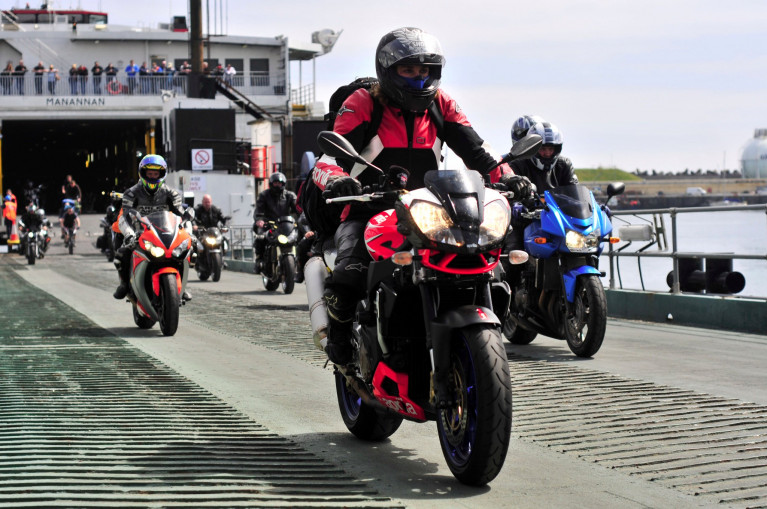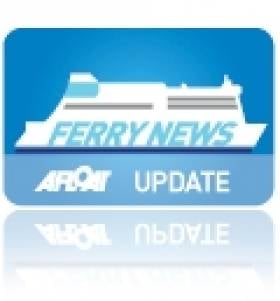Displaying items by tag: Bookings
Ferry operator, the Isle of Man Steam Packet Company has confirmed that provisional bookings for sailings to the 2023 TT will open next week, on Monday, 23rd May.
Provisional bookings, which are held with a deposit, are priced at £40 for foot passengers and £80 for vehicles.
Confirmation of bookings with final details will be sent out toward the end of 2022, with the final balance payments due in February 2023. Any bookings that are not paid in full will be put back on sale the following month.
Brian Thomson, M.D. at the Isle of Man Steam Packet, said: ‘After strong bookings for Isle of Man TT 2022, we’re anticipating high demand for 2023 TT sailings. Previously, first day bookings have exceeded the 5,000 mark within a matter of hours of the booking system opening.
‘We’re expecting our website and phone lines will be very busy on the 23rd May, but we’ve put in place several initiatives to ensure users have a good experience. This includes bringing in additional staff and updating our web booking system to include a queuing system, but would ask for the public’s patience as we deal with the high volume of customer inquiries.
‘The TT is a great event for the Island’s businesses, residents, and, most importantly, visitors and 2022 looks set to be a busy and highly entertaining festival for all, and we look forward to serving fans’ and islanders’ needs in 2023.’
Amendment to Fastnet Line Ferry Schedule
Reservations Office Ireland : +353 (0) 21 4378892
Open Monday - Friday 9.00 am - 5.30 pm
Reservations Office UK: 0844 576 8831
Open Monday - Thursday 8.00 am - 8.00 pm
Open Friday 8.00 am - 7.00 pm
Open Saturday and Sunday 9.00 am - 6.00pm

























































